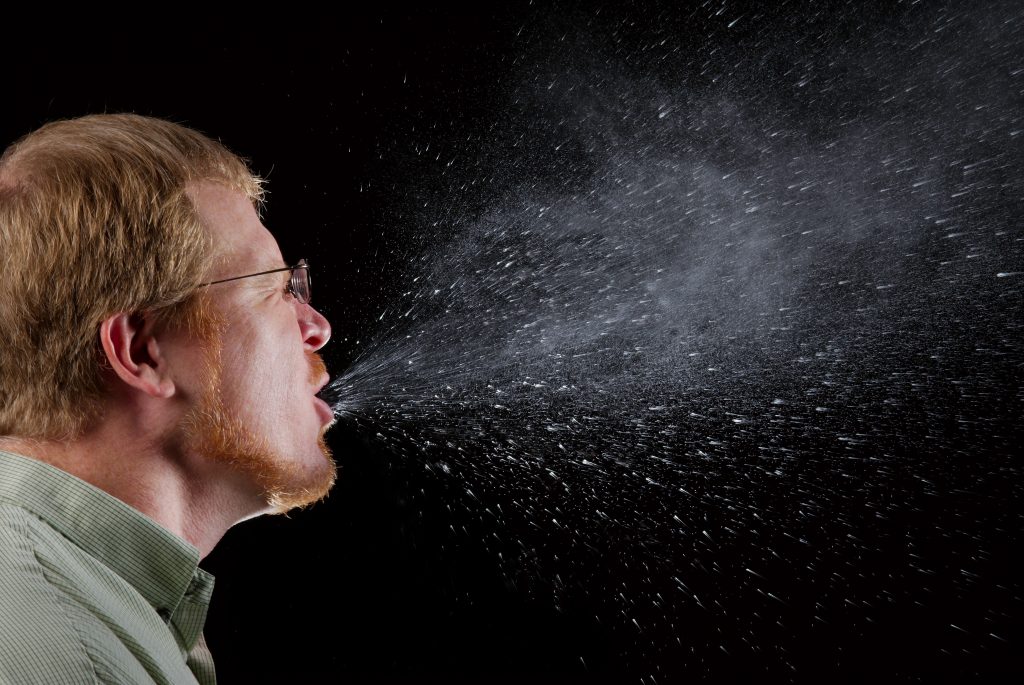
Flu and cold season is upon us; it seems everywhere I go there is someone around me coughing or sniffling. In this post, I bring to you 3 survival stories of the bugs going around this winter, while also shedding light on two, often ignored issues brought about by this wonderful season.
I’ll begin by telling you about my inspiration for this post. Victims this season include Friend A, Friend B, and myself.
Friend A doesn’t like to use her limited vacation time for sick days, so she went to the doctor the day she got sick. She was prescribed Amoxicillin without a single lab test done. She still didn’t feel better after her course of antibiotics so she went back to her doctor, who prescribed Clindamycin, another antibiotic. She asked me something around the lines of “is this going to affect my microbiome”? to which I replied a kinder version of “duh”. She still isn’t better 3 days into her second course of antibiotics.
Friend B is a special education teacher, so she ends up in the catch 22 of sick days. If she takes a sick day, the other staff get overworked and question how sick she really is. If she comes in sick, she gets berated for putting others’ health at risk, especially the health of her students with compromised immune systems. She used over the counter medication to suppress her symptoms and never took one sick day. 3 weeks later, she is still not 100%.
And then there’s me. The bug caught me in the middle of challenging transition back from research abroad coupled with jetlagged rest of no more than 5 hours per night. 2.5 full days in bed, 23 cups of tea, 2 snotty handkerchiefs, 14 cough drops, and 1 box of over the counter medication later, I was better in less than a week. Granted I worked from home a bit, but yes, I took 2 sick days.
Sick Days
Sick days are called sick days for a reason! People like Friend A, who like to save up time off, end up going into work sick. Not only does this put others at risk of getting sick, but also prevents her from working anywhere near her maximum productivity. It doesn’t take advanced statistics to realize it’s in the employer’s best interest to give one sick day rather than lose the productivity of several employees. So, if you feel like you are coming down with something, TAKE A SICK DAY. And if a coworker, student, or employee says they think they are getting sick, demand they TAKE A SICK DAY. Likewise, become aware of situations where people get guilt tripped out of taking a necessary sick day like Friend B did. Sick days are for getting well fast and not spreading contagious illnesses.
Getting Well
The logical place to start is how we got sick in the first place. Stress, dehydration, unbalanced diet, and lack of sleep all contribute to a weakened immune system (with notable exceptions, of course). Getting well is about reversing every one of these factors. Here is where the controversy begins, but in my opinion getting well is not simply taking antibiotics like Friend A did. Not only do the habits that allowed for illness persist, but also it is contributing to the overuse of antibiotics! When the first round of antibiotics did not work for Friend A, the doctor should have even suggested her illness could have been a viral infection rather than prescribing another antibiotic. In fact, most flus and colds are caused by viruses rather than bacteria in the first place. Granted we may have had different infections, but I argue that my 2 sick days worked better than both of her antibiotic treatments. As a bonus, my microbiome is still in good shape!
Remember the act of getting well is the same act as staying well. Take care of your body, and it will take care of you. I hope this post will spur some discussion about the positive side of sick days and/or a much needed discussion about resorting to antibiotics for a ‘quick fix’.

So true! I often take sick days when I’m at the beginning of a cold and kick it before it gets too bad. Only end up having to take one day off instead of a whole week.